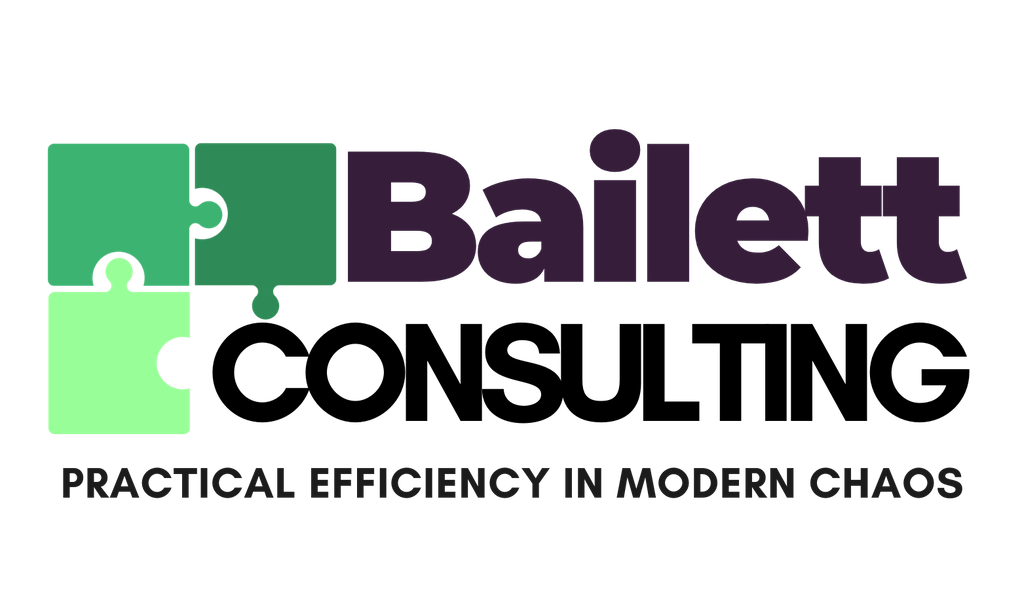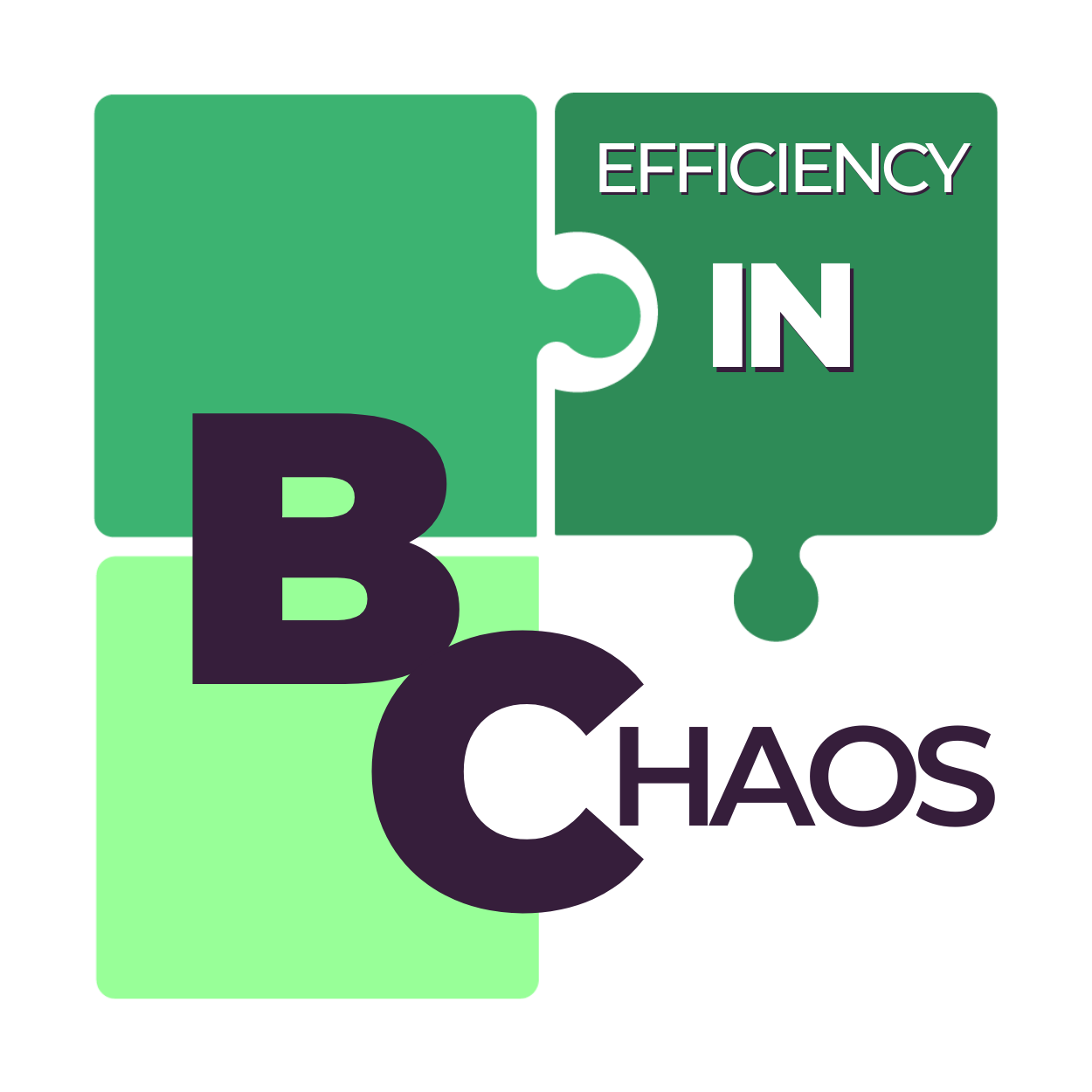Self Evaluating Tasks, Projects, and Habits for High Performance
Achieving high performance is more than just doing more work, it is about ensuring that every task, project, and habit aligns with your goals. However, sometimes it can be hard to know what contributes to our success versus what is holding us back. A powerful tool for this type of self evaluation is the “Keep, Stop, Start” method.
This simple yet effective approach involves looking at each aspect of your work or personal habits. By systematically evaluating your tasks, projects, and habits, you can stay aligned with your goals, prioritize effectively, and maximize productivity.
Why Self Evaluation Matters for High Performance
Taking the time to review your actions allows you to pinpoint what is working and address areas that need improvement. Regular self evaluation promotes mindful decision making and intentional growth. This helps you avoid doing what you have always done and getting what you have always got.
Making self evaluation a consistent practice brings awareness to what you are doing daily, weekly, monthly, and yearly, which can lead to long term success and personal satisfaction.
Introducing the Keep, Stop, Start Method
The method is a straightforward approach to self assessment that helps break down if what you are doing is actually working for you. Here’s a quick overview:
Keep: Think about and identify what is working well for you. If it is working well, continue doing it.
Stop: Recognize what is not serving you. Is it costing you money or time? Is it really necessary to reach your goals? If something is costing you time, money, and is not in alignment with your goals, eliminate it.
Start: Seeing as there is no shortage of things to try in the world of business and personal development, determine if there is anything that will help fill the gaps in your processes. When eliminating tasks, projects, and habits in the “Stop” phase it becomes easier to think of what to start that can help you reach your goals.
By focusing on your tasks, projects, and habits individually, you will gain a deeper understanding of where your time and energy are going. This method of self evaluation can also ensure that all the things you do in all areas of your life align with your desired outcomes. This way each day you know you are taking proactive steps toward your future and not reacting to all the distractions.
Step 1: Self Evaluate Your Tasks
Tasks are the smaller, day to day actions that drive your projects and life forward. Remember, though, not all tasks are created equal. Some tasks may have become routine but do not actually contribute to your bigger goals. Here’s how to use the Keep, Stop, Start method to evaluate your tasks.
Keep: Begin by listing out all your daily personal and professional tasks. Which of these tasks are essential and consistently yield positive results? Look for tasks that directly support your goals and enhance productivity.
Stop: Next, identify any tasks that feel unproductive or take up time and financial resources. These might be outdated practices, low value activities or something you were told you “had to try” that does not work for you. The key here is to clear space for higher value work. If these tasks still need to be done and are a waste of your time consider delegating them.
Start: Finally, think about any tasks that could add value that you are not currently doing. Things you have wanted to start doing but have not had the time as you were too busy doing low value activity. New tasks can bring fresh energy and momentum to your daily routine.
Step 2: Evaluate Your Projects
Projects are larger undertakings that often involve multiple tasks and resources. Evaluating your projects helps ensure they are still aligned with your goals and using your resources effectively. The Keep, Stop, Start method can help clarify your approach to ongoing and upcoming projects.
Keep: Look at your current projects and identify those that align with your long term goals. Projects that bring in significant monetary value or drive meaningful growth should be prioritized and kept.
Stop: This step is especially useful for identifying projects that may have outlived their usefulness or are not delivering the expected results, even though the appropriate actions were taken. Be honest with yourself, if a project drains your resources, does not contribute value, and is no longer in alignment with your goals, it is time to stop doing that project.
Start: After removing projects that are no longer useful, consider any projects that could add value. Maybe you have thought about starting a project to streamline operations, document internal processes, or create new product offerings. These “start” projects often come from recognizing an unmet need or seeing an opportunity to expand your capabilities.
Step 3: Reflect on Your Habits
Habits are the foundation of personal and professional growth. By evaluating your habits with the Keep, Stop, Start method, you can identify small shifts that will support your long term success.
Keep: Identify the habits that consistently support your productivity and well-being. These may be routines that give you energy, maintain focus, or promote healthy work life harmony. For instance, a habit of taking short breaks throughout the day can help you stay refreshed, focused, and increase productivity.
Stop: Ineffective habits can sabotage even the best intentions. Reflect on any patterns that hinder your performance, whether it’s procrastination, staying up too late, or constantly checking your phone. Eliminating these habits can free up time and energy for more productive behaviors.
Start: Lastly, consider any new habits that would contribute to the successful attainment of your goals. These could be positive routines like setting an evening routine, keeping a gratitude journal, or practicing mindfulness. Small changes in your habits can compound over time, creating a solid foundation for sustained productivity and success.
Making the Most of Your Self-Evaluation
To get the most out of the Keep, Stop, Start method, consider scheduling regular check ins to review your progress. Self evaluation is not a one time activity, it is an ongoing practice. By dedicating time each month or every 3 months to reassess your tasks, projects, and habits, you will be better equipped to make adjustments and stay on track to reach your goals.
Here are some tips to make your self evaluation sessions more effective:
Be Honest and Objective: It can be challenging to let go of tasks, habits, or routines. However, being honest with yourself is essential for continued growth and success. Approach your self evaluation with curiosity, an open mind, and a willingness to change.
Involve Others if Needed: If you have a team or accountability partner, consider asking for their input. Sometimes an outside perspective can reveal areas for improvement that you might not see on your own.
Document Your Insights: Write down your findings and action items after each self evaluation session. Keeping a record of what you decide to Keep, Stop, and Start will allow you to track progress and productivity over time.
Celebrate Small Wins: Recognizing the positive changes you make can be a huge motivator keeping you proactive and productive. Celebrate the things you choose to keep and the new habits you successfully start, as these all contribute to your growth and success.
Incorporating self evaluation through the Keep, Stop, Start method allows you to take control of your productivity and set a solid foundation for continuous growth. By regularly assessing and adjusting your tasks, projects, and habits, you can create a streamlined, purpose driven approach to your work and life. This self awareness is invaluable in helping you focus on what truly matters and eliminate the rest. Self evaluation through the Keep, Stop, Start method can act as your secret weapon for high performance.
Are you ready to focus on what truly matters? Sign up for the upcoming session of Accountability Champions!





